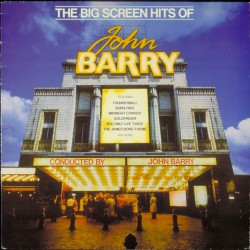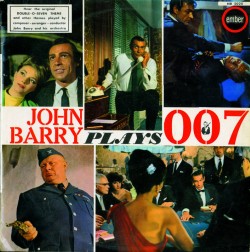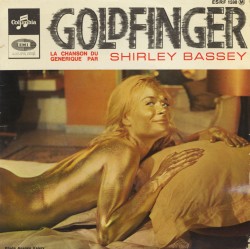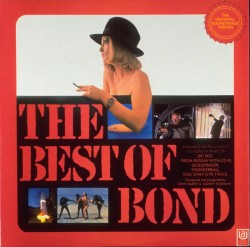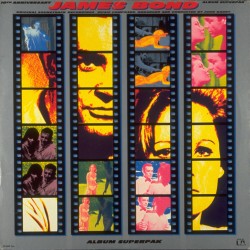Deeply personal account of Robin Hood legend Robin Hood has appeared in cinemas many times: his most prominent appearances were in cinema's earlier days, when Erich Wolfgang Korngold applied his unmistakable style to Errol Flynn's swashbuckling antics; and then in more modern times, when Michael Kamen's thematically-strong but obviously-rushed action score accompanied Kevin Costner, supping with his father in 'Notting-HAM'. In the mid-70s, an oft-overlooked (not, it has to be said, without reason) take on the Robin Hood legend was released. Directed by Richard Lester and starring the dream partnership of Sean Connery and Audrey Hepburn, this time the film tried to be more serious and was set in the latter years of Robin Hood and Maid Marian.
Providing the score was John Barry. The politics that preceded that decision still rankle the parties involved today: director Lester hired French composer Michel Legrand to write the score for his movie but, after it was recorded, the movie's producer decided it wasn't commercial enough so turned instead to Barry, who had written music for Lester in the past but this time was very much hired against his will. To this day Lester mentions how much he hates Barry's score; he must be the only person who does. Barry is also never slow to aim a quick aside at Lester.
It hardly needs me to say that Barry emphasises the romantic aspects of the story above any other, but what may surprise listeners is just how incredibly dark much of the score is. The characters are in turmoil and Barry, always one to delve into the emotions of the characters in any movie he is scoring, represents this by his sometimes-brooding music. There is also a share of action music (more than would be expected in a Barry score) that is precisely written and orchestrated and very exciting.
Despite only having two weeks in which to write his score, the producer still found time to dislike certain aspects of Barry's music and tv composer Richard Shores was drafted in to write some generic action music for a couple of scenes. There is no coherent explanation for why this could have been. (One Shores cue appears on this recording and sounds very out-of-place - I wish it had been excluded.)
The cornerstone of Barry's score is his love theme, considered by his fans to be among his finest. It appears in a few variations, most poignantly in the very last cue on the album. It really is very beautiful, more restrained than similar pieces penned by the composers in more recent years, and arguably all the better for it. This recording is new, with the City of Prague Philharmonic conducted as ever by Nic Raine. The recording is tight and the performance precise: perfect for this score. Jon Burlingame's liner notes are brilliant (he's the best in the business) and Robin and Marian is another essential entry in Silva's burgeoning Barry collection, especially given that the score has never been available in any format before.







